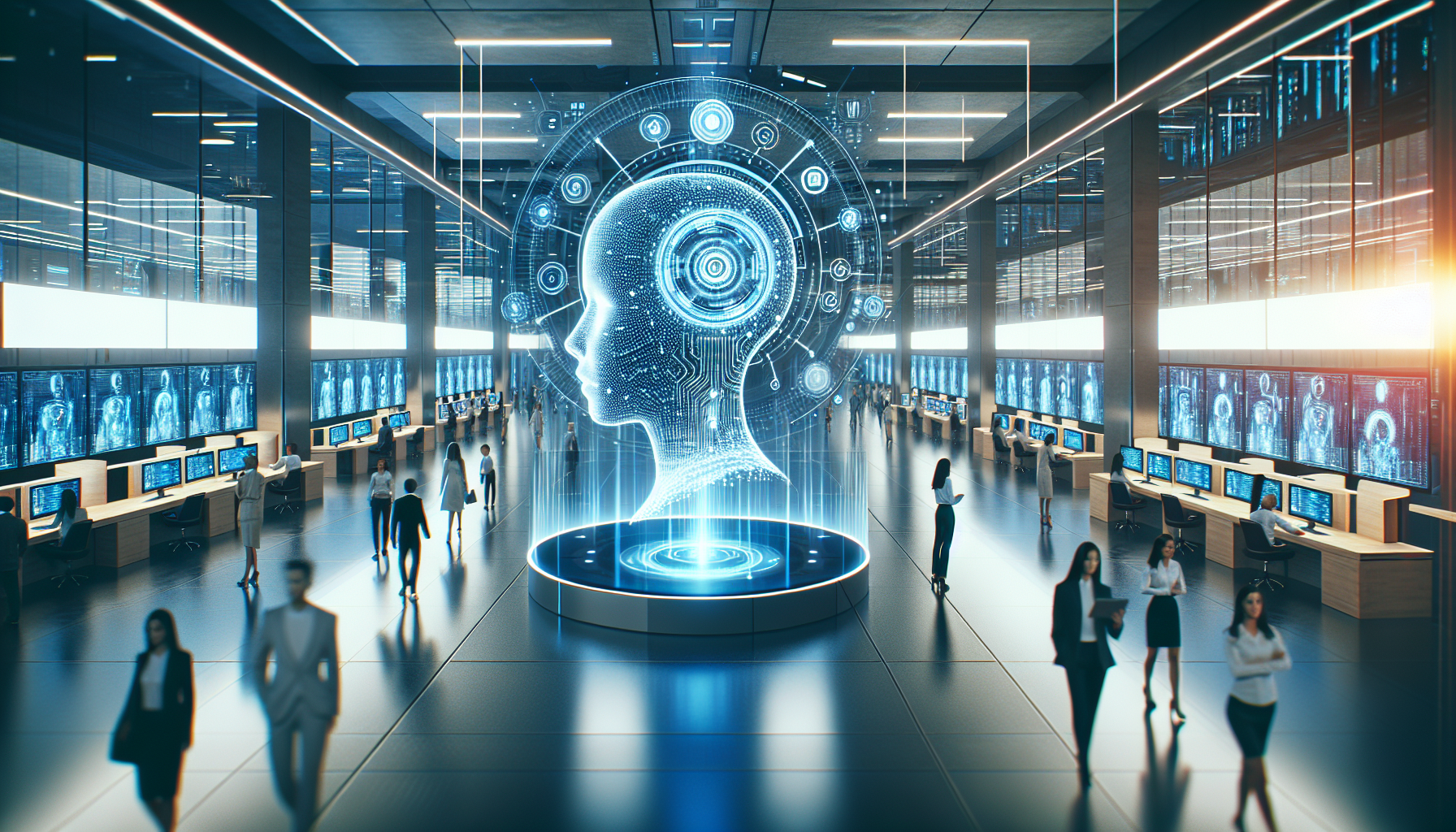
AI in Education: How Robots Made My Kid Smarter Than Me-A Case Study
October 3, 2025
Picture this: a classroom with no teachers. Or at least, not the kind you're used to. Instead, there's a robot named "EduBot" who never forgets your name, your dog's name, or that you need a break after precisely 11 minutes of math. Welcome to the future of education, or as I like to call it, the "My Child is a Genius, and I’m Still Struggling to Assemble IKEA Furniture" era.
Our case study begins in a quaint little school nestled in Anytown, USA, where AI has taken the reins in crafting personalized learning experiences. Meet Timmy, an eight-year-old with the attention span of a goldfish on a sugar rush. Before AI, Timmy's typical school day involved a lot of staring out the window and daydreaming about becoming a professional donut taster. Enter EduBot, the AI-powered tutor who, with the charm of a slightly eccentric librarian, managed to transform Timmy's academic life.
EduBot's secret weapon? Algorithms so clever they could probably pass as students themselves. These algorithms analyze Timmy's learning patterns faster than it takes him to say, "Oops, I forgot my homework!" By dissecting his strengths, weaknesses, and even his favorite type of dinosaur, EduBot crafts a learning plan that would make even the most organized parent weep with joy.
But here's where the plot thickens. Timmy's parents, initially skeptical of having a robot in charge of their beloved offspring's education, soon discovered that EduBot had a sense of humor. Yes, you read that right. The bot occasionally cracks jokes about quantum physics and makes puns about pi (the mathematical kind, not the one you eat). This unexpected twist made Timmy actually look forward to his lessons, a miracle previously deemed impossible by his exasperated parents.
Now, you might be thinking, "Isn't this just another tech fad?" Not quite. The beauty of AI in education lies in its ability to adapt more quickly than a chameleon at a paint store. Take Sally, Timmy’s classmate, who dreams of becoming a veterinarian. EduBot noticed her interest in animals and tailored her science lessons around biology and ecology. Sally now knows more about the digestive system of a cow than anyone really should, but hey, she's happy!
Of course, it's not all sunshine and algorithms. There were a few hiccups. For instance, EduBot once confused "learning Spanish" with "learning how to dance the Flamenco," leading to an impromptu dance-off in the classroom that would have made a reality show proud. Still, these minor glitches were swiftly addressed with software updates, or as EduBot puts it, "a virtual coffee break."
The impact of AI on education isn't just confined to the four walls of a classroom. It extends beyond, into homes where parents like Timmy's find themselves in awe of their child's newfound enthusiasm for learning. The personalized approach means kids learn at their own pace, which for Timmy, means faster than his dad can Google "What is an algorithm?"
However, the real kicker is how AI is leveling the playing field. Students who previously struggled now have a digital cheerleader, guiding them through the labyrinth of their curriculum with the finesse of a tour guide at a cheese factory. The technology ensures no one is left behind, which is more than I can say for my last attempt at a family road trip.
Now, as we wrap up this digital journey, let's ponder a future where AI continues to evolve in education. Will robots replace teachers entirely? Probably not. After all, there's no substitute for a human touch (or the ability to laugh at a terrible joke about mitochondria being the powerhouse of the cell). But as AI continues to enhance personalized learning, we might just find ourselves in a world where every child has the chance to outsmart their parents—one algorithm at a time.
So, dear reader, what will your role be in this brave new world of AI education? Will you embrace the bots, or stick to traditional methods? One thing's for sure, the future of learning has never been more exciting—or more full of delightful surprises.


